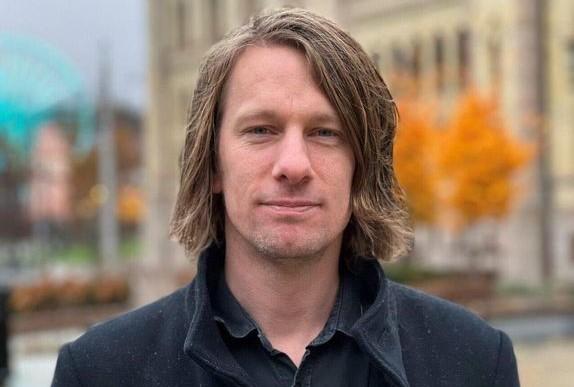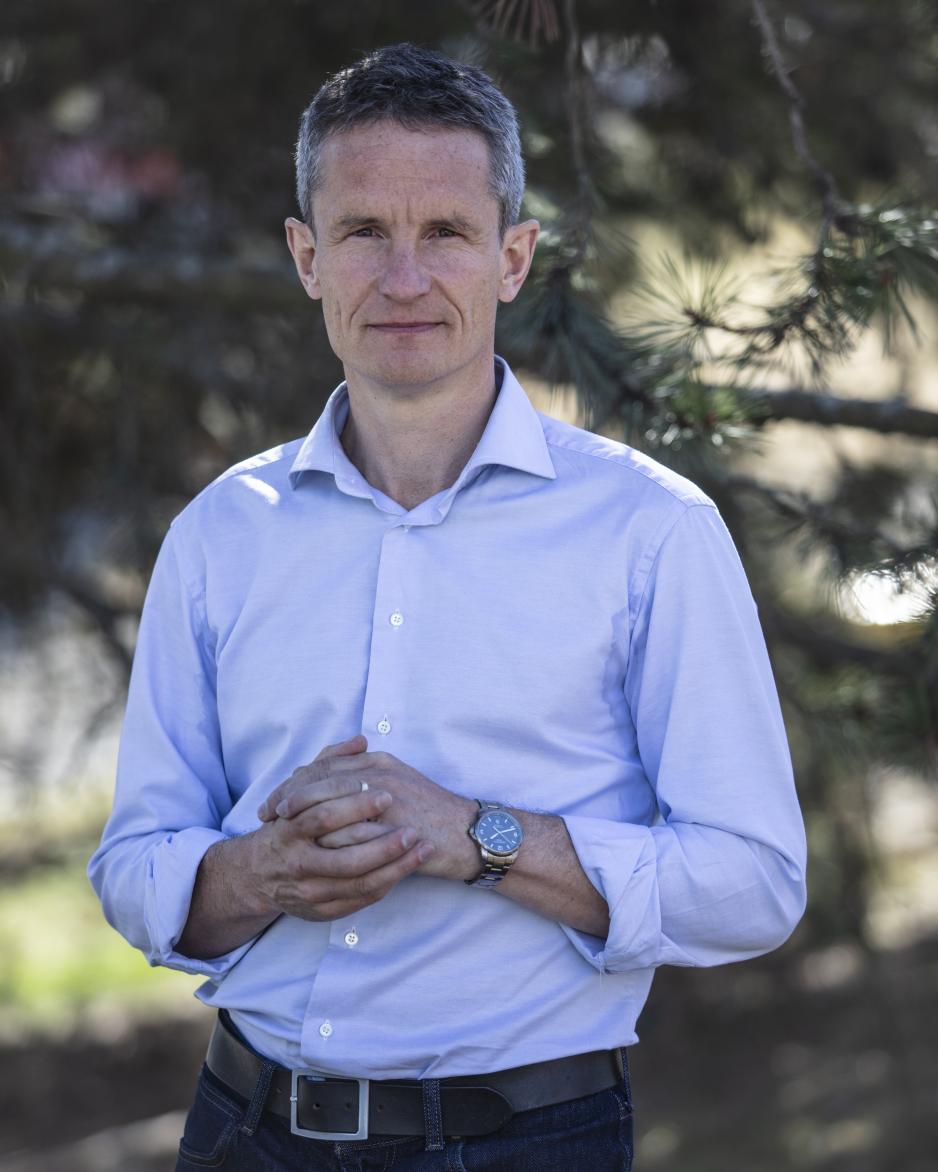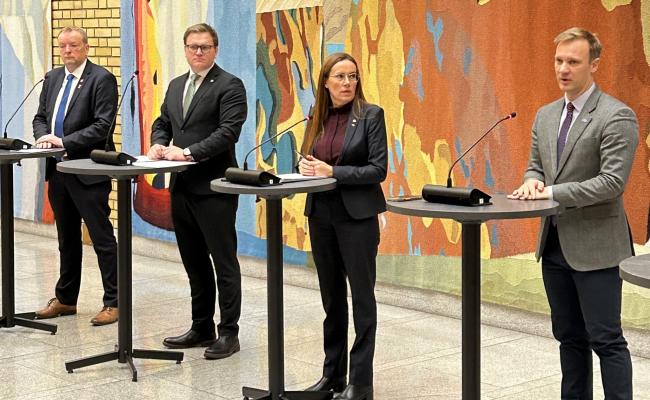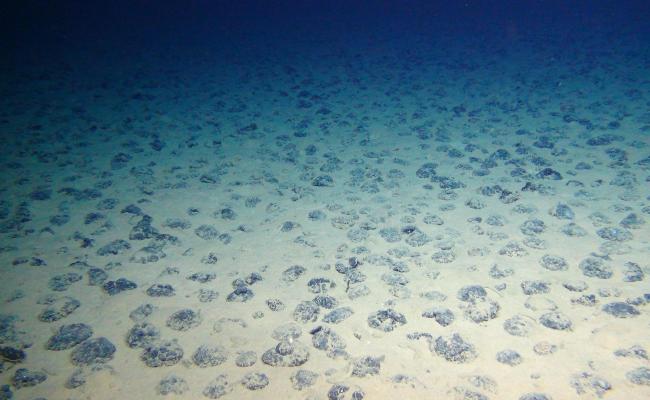Environmental Organizations Will Fight Norway's Deep-Sea Mining

Team Lead Martin Melvær of the environmental foundation Bellona promises a rematch on underwater mining in the Arctic. (Photo: Bellona)
Norway opening up for deep-sea mining in the Arctic completely contradicts scientific recommendations and will make Norway an international environmental disaster, believes Martin Sveinssønn Melvær of Bellona.
After several weeks of negotiations, the Labor, Center, Progress, and Conservative Parties have agreed on an incremental opening for deep-sea mining. Environmental organizations, the Socialist Left Party, the Red Party, and the Left Party are reacting strongly to the decision.
The environmental foundation Bellona believes it is a dangerous derailment in the climate fight to open up the extraction of minerals in the seabed.
"There is an enormous need for minerals for climate technology and the green shift in the next ten years. However, seabed minerals are too late and are a derailment and a dangerous distraction that delays the fight against climate change. We need to use the resources for more sustainable mining on land," says Team Lead for Materials and Industry in Bellona, Martin Sveinssønn Melvær, in a press release.
Warning
Melvær says there is little knowledge about these areas, the ecosystems, and life forms.
"And what we will surely destroy with the extraction of seabed minerals. The state's own specialized agency – the Norwegian Environment Agency – has warned against this. All other environmental agencies have also done so," he says.
It is insane to open huge areas for mining when we know nothing about the consequences.
Melvær believes that it is of little help that the Conservative Party has included in the settlement that there must be political processing before the opening of new fields, corresponding to the Guidelines for Plan for Development and Operation (PDO) in the oil sector.
"They have already shown that they are completely deaf to all specialist knowledge from geology to environmental science," says Melvær.
"Insane"
Friends of the Earth Norway calls the decision insane.
"It is insane to open huge areas for mining when we know nothing about the consequences. This is terrible news for life in the deep sea, and it violates professional advice," says Truls Gulowsen, head of Friends of the Earth Norway
The area in question lies in the middle of the North Atlantic between Norway, Iceland, Greenland, and Svalbard.
Norway's last wilderness
Friends of the Earth Norway believes this could be the most extensive nature intervention in Norway ever, in Norway's last real wilderness and an area the size of 3/4 of Norway's land area. The areas have the potential for sulfides and crusts, and there are hydrothermal vents from which you want to extract minerals and minerals that can be used in electronics, among other things.
"This is a pure extreme sport. You do not know what the seabed actually holds, the technology does not exist, and even the profitability is so uncertain that even "deep sea players" such as Equinor are uninterested," says Gulowsen.
He points out that these are very special ecosystems that are little explored and that there are unknown consequences for digging on the seabed, which can have a negative impact on life higher up in the food chains on which Norway depends.
Unknown consequences
According to the Institute of Marine Research, the consequences can be severe, but it can take a long time before they are felt. You also do not know how long-lasting the consequences may be. It is also worth mentioning that 24 countries have set a moratorium on the extraction of minerals on the seabed – until we know more, notes Friends of the Earth Norway.
The environmental organization also points out that such a deep sea – down to three or four thousand meters – is a world of its own where both flora and fauna are unique. Many species here are still unknown, notes the Institute of Marine Research, including species that form distinctive food chains and communities we do not know the consequences of harming.
The processes are slow. Many species filter water for nutrients and oxygen; fine stone dust from mining operations quickly kills such animals, writes Friends of the Earth Norway in a press release.
Because the water is still, digging dust will float for a long time and can cover and damage large areas. Heavy metals and other things swirled up will slowly reach higher water layers and enter the food chains there. Extracting minerals can speed this process up.





